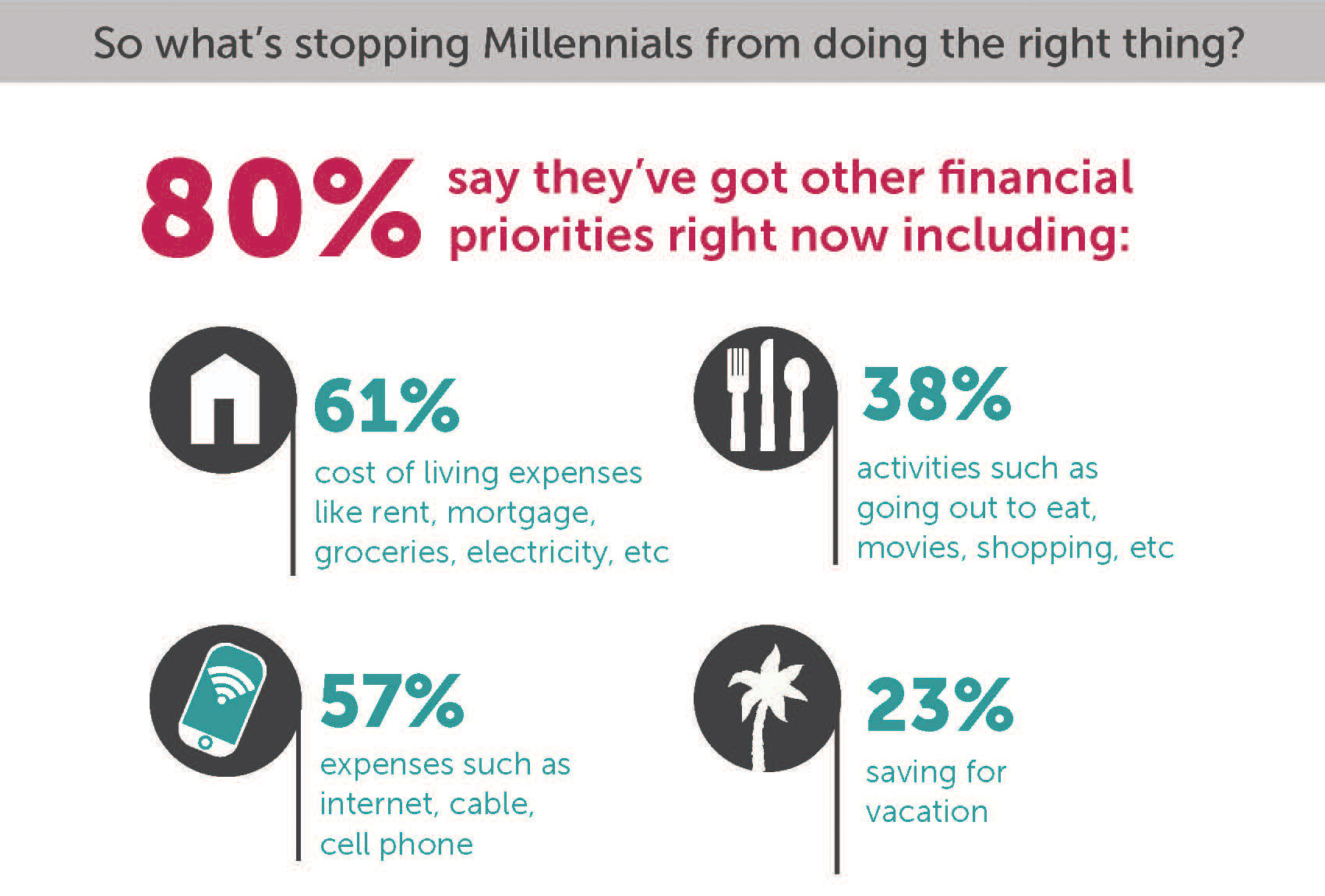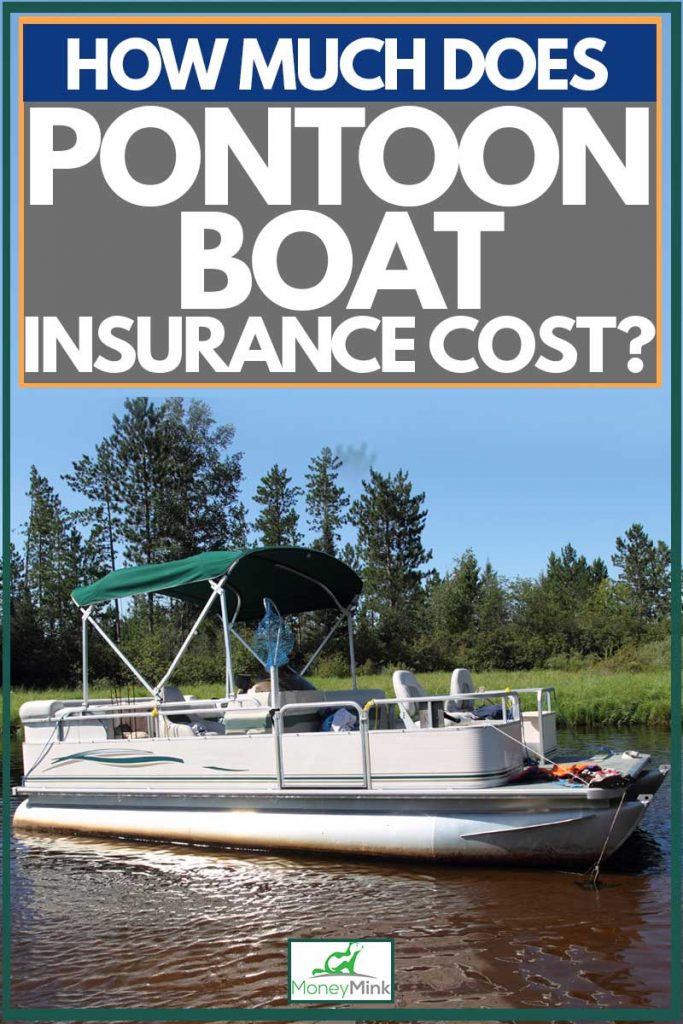Whole life and universal life insurance are both thought about long-term policies. That implies they're created to last your entire life and won't end after a specific amount of time as long as required premiums are paid. They both have the prospective to accumulate cash worth with time that you might be able to obtain against tax-free, for any reason. Due to the fact that of this feature, premiums may be greater than term insurance coverage. Entire life insurance coverage policies have a fixed premium, indicating you pay the very same amount each and every year for your coverage. Just like universal life insurance coverage, whole life has the potential to accumulate money worth over time, developing an amount that you may have the ability to borrow against.
Depending on your policy's potential money worth, it may be utilized to avoid a superior payment, or be left alone with the prospective to build up value in time. Prospective development in a universal life policy will differ based on the specifics of your specific policy, as well as other aspects. When you buy a policy, the issuing insurer develops a minimum interest crediting rate as described in your agreement. Nevertheless, if the insurer's portfolio makes more than the minimum rates of interest, the company may credit the excess interest to your policy. This is why universal life policies have the prospective to earn more than an entire life policy some years, while in others they can earn less.
Here's how: Since there is a money value element, you might be able to avoid exceptional payments as long as the cash value is enough to cover your required costs for that month Some policies may allow you to increase or reduce the death benefit to match your specific scenarios ** In a lot of cases you might borrow against the cash worth that might have collected in the policy The interest that you might have earned in time builds up tax-deferred Whole life policies use you a fixed level premium that will not increase, the possible to build up cash value with time, and a repaired survivor benefit for the life of the policy.
As an outcome, universal life insurance coverage premiums are usually lower throughout durations of high rate of interest than whole life insurance premiums, typically for the same amount of coverage. Another essential difference would be how the interest is paid. While the interest paid on universal life insurance is frequently adjusted monthly, interest on an entire life insurance policy is typically changed each year. This could imply that throughout periods of rising rate of interest, universal life insurance coverage policy holders may see their cash values increase at a fast rate compared to those in whole life insurance coverage policies. Some people may choose the set survivor benefit, level premiums, and the capacity for development of an entire life policy.
Although entire and universal life policies have their own distinct features and benefits, they both concentrate on providing your liked ones with the cash they'll need when you pass away. By dealing with a certified life insurance agent or business representative, you'll be able to pick the policy that finest satisfies your individual requirements, budget plan, and financial objectives. You can also get atotally free online term life quote now. * Offered necessary premium payments are prompt made. ** Boosts may be subject to extra underwriting. WEB.1468 (How much is renters insurance). 05.15.

7 Easy Facts About How To Lower Car Insurance Shown
You don't have to think if you must enlist in a universal life policy since here you can learn all about universal life insurance coverage benefits and drawbacks. It resembles getting a sneak peek prior to you purchase so you can decide if it's the ideal type of life insurance coverage for you. Check out on to find out the ups and downs of how universal life premium payments, cash value, and death benefit works. Universal life is an adjustable kind of permanent life insurance that allows you to make changes to 2 primary parts of the policy: the premium and the survivor benefit, which in turn affects the policy's money value.
Below are a few of the total benefits and drawbacks of universal life insurance. Pros Cons Designed to offer more versatility than whole life Does not have actually the ensured level premium that's available with entire life Money value grows at a variable rates of interest, which could yield higher returns Variable rates likewise mean that the interest on the cash value might be low More opportunity to increase the policy's money worth A policy normally needs to have a favorable cash value to stay active One of the most appealing functions of universal life insurance coverage is the capability to pick when and just how much premium you pay, as long as payments meet the minimum amount required to keep the policy active and the IRS life insurance coverage guidelines on the optimum quantity of excess premium payments you can make (What is collision insurance).

But with this flexibility likewise comes some disadvantages. Let's review universal life insurance coverage pros and cons when it concerns altering how you pay premiums. Unlike other kinds of long-term life policies, universal life can get used to fit your monetary requirements when your cash circulation is up or when your spending plan is tight. You can: Pay greater premiums more frequently than needed Pay less premiums less often or even avoid payments Pay premiums out-of-pocket or use the money worth to pay premiums Paying the minimum premium, less than the target premium, or skipping payments will adversely affect the policy's money value.